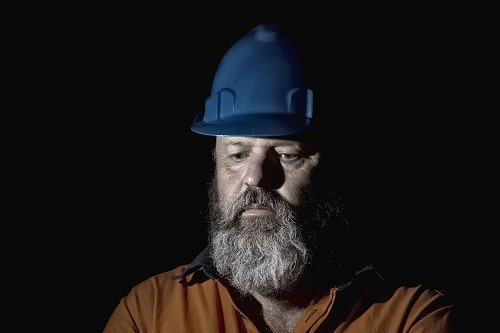The fourth annual MAD World Summit returned to Central London on 21 October. MAD stands for Make A Difference and there was certainly a spirit of positivity and enthusiasm in the air. Safety Management attended to report on what’s new in the word of wellbeing and mental health.
News
MAD for it: wellbeing summit back with a buzz
The growth of wellness apps and offerings has been explosive, yet, according to sports equipment firm, ASICS, most of these programmes are not scientifically proven. Working with 200 volunteers, ASICS explored how taking a half hour movement break could make a ‘clinically meaningful difference to people’s wellbeing’.
Devised with Professor Brendon Stubbs at King’s College London, participants took part in 30-minute sessions over eight weeks, which involved activities such as running, walking, breathwork and meditation. The Movement for Mind programme, which is now launched and free to all, succeeded in reducing daily sedentary time by an hour. It also helped improve people’s mood and ability to manage anxiety levels better.
 MAD World Summit is a popular event. Photograph: MAD World
MAD World Summit is a popular event. Photograph: MAD World
“Office based workers were always sitting too much, but it’s getting worse since the pandemic and the shift to working from home,” said ASICS executive vice president, Gary Raucher. He said employers were too focused on after work activities: “We need to break the negative spiral and make it culturally acceptable to get up and move [more often in the day] for mental wellbeing.”
Professor Jonathan Passmore, chartered psychologist at the Henley Business School, spoke about hybrid working. “We need to think about the mechanisms that connect people and which reflect the new [hybrid] environment if we are to enable people to succeed, manage anxiety and stress,” he urged. Turning the question on the audience, we were asked to discuss equality of access to hybrid or flexible working policies.
 Exhibitors in the wellbeing space were out in force for the event. Photograph: Safety Management
Exhibitors in the wellbeing space were out in force for the event. Photograph: Safety Management
Our neighbour, an HR professional at youth homelessness charity, Depaul UK, said they are careful to show fairness. Frontline staff are required in the office full time, but others such as admin workers join them at least eight days a month. Earlier, Nick Taylor, CEO at Unmind chaired a panel on hybrid working. He observed: “Work has changed more in the past 18 months than in the past three decades.” But, asking the 60-strong audience if mental health was included in their companies’ presentations to the board, two-thirds said no. “We still have a way to go,” he observed of the show of hands.
Toxic workplace cultures and how to turn them around was the topic of chief strategy officer, Nick Tzitzon of ServiceNow’s talk. He proposed that mental health was our biggest challenge, more even than climate change, because we ‘can’t solve [this] stuff without it.’ He said toxic cultures could be improved if we ‘keep it real’. “Everyone knows when we’re using someone else’s words, or we polish something that isn’t shiny.”
An honest culture is where people ‘believe they have the permission to be critical’: “A healthy culture encourages critical voices.” Laughter at work is also important: “When people see it’s ok to laugh then it’s ok to talk about other things.” And thirdly, his takeaway was, ‘dream big’. “Create an environment where people can be open about their goals – personal and professional,” he said. “Don’t underestimate the power of empowering people to dream big.”
Movement for minds: asics.tv/3m6DBm8
NEWS

Ramadan: what employers should know about supporting their workforce
By Belinda Liversedge on 18 February 2026
As Ramadan begins this week, UNISON has reminded employers to think about reasonable adjustments for their Muslim workforce’s religious observance such as fasting, prayers, and flexible schedules.

Nearly half of UK workers afraid to flag risks, finds new research
By Belinda Liversedge on 10 February 2026
A significant “silence gap” is threatening UK workplace safety and operational integrity, according to new data released by training provider Mental Health First Aid (MHFA) England.
Sexual misconduct in dentistry: former GDC fellow warns of ‘culture of silence’
By Belinda Liversedge on 05 February 2026
A former General Dental Council (GDC) clinical fellow is calling for a radical shift in how the dental sector manages workplace risk, warning that a “culture of silence” is masking the problem of sexual misconduct in the profession.



